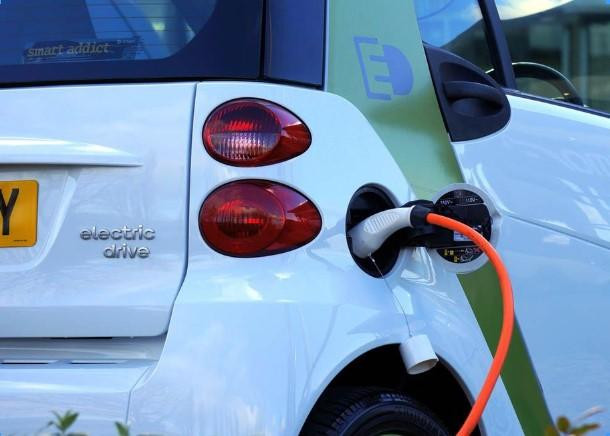As the world transitions towards sustainable transportation, electric vehicles (EVs) are gaining popularity as a cleaner and greener alternative to traditional combustion engine vehicles. However, for EVs to become a viable option for mass adoption, a robust and widespread charging infrastructure is essential. In this article, we will explore the significance of EV car charging stations and their role in accelerating the transition to a sustainable future.
The Rise of Electric Vehicles
The rise of electric vehicles represents a significant shift towards cleaner and more sustainable transportation. EVs produce zero tailpipe emissions, reducing air pollution and greenhouse gas emissions. As governments and individuals recognize the importance of combating climate change and reducing dependence on fossil fuels, the demand for electric vehicles continues to grow.
The Need for EV Car Charging Stations
To support the widespread adoption of electric vehicles, a reliable and accessible charging infrastructure is crucial. EV car charging stations serve as the refueling stations for electric vehicles, providing a convenient and efficient way to recharge their batteries. Without a robust charging infrastructure, range anxiety and the fear of running out of charge could deter potential EV buyers.
Types of EV Charging Stations
There are different types of EV charging stations designed to cater to various charging needs. Level 1 chargers, commonly used in residential settings, provide a low-voltage charge through a standard electrical outlet. Level 2 chargers offer a faster charging rate and are typically installed in workplaces, parking garages, and public locations. Fast-charging stations, also known as Level 3 or DC fast chargers, provide high-voltage charging and can rapidly charge an EV in a short period, making them suitable for long-distance travel.
Public Charging Infrastructure
Public EV car charging stations play a vital role in supporting EV owners who may not have access to private charging options. These charging stations are strategically located in public areas such as shopping centers, parking lots, and highways, providing EV owners with the convenience of charging their vehicles while going about their daily activities. Public charging infrastructure ensures that EV drivers have access to charging facilities, enhancing the practicality and usability of electric vehicles.
Workplace and Destination Charging
Workplace and destination charging stations are becoming increasingly important as they offer charging opportunities for EV owners during their daily routines. Many employers are installing charging stations in office parking lots to encourage employees to switch to electric vehicles. Similarly, destination charging stations in hotels, restaurants, and recreational areas enable EV owners to recharge their vehicles while they enjoy their visit. These charging options provide added convenience and peace of mind for EV owners.
Fast-Charging Networks and Highway Charging
Fast-charging networks are essential for long-distance travel and reducing charging time. These networks consist of high-powered fast-charging stations strategically located along highways and major travel routes. Fast-charging stations can provide a significant charge in a short amount of time, allowing EV drivers to quickly replenish their batteries during long journeys. The development of robust fast-charging networks is crucial to alleviate range anxiety and promote the adoption of electric vehicles for long-distance travel.
Integration with Renewable Energy Sources
EV car charging stations can be integrated with renewable energy sources, such as solar or wind power, to further enhance their sustainability. By harnessing clean energy for charging, EV owners can reduce their carbon footprint and contribute to a greener energy ecosystem. This integration aligns with the overall objective of reducing greenhouse gas emissions and achieving a sustainable and renewable energy future.
Government Incentives and Support
Governments around the world recognize the importance of EV car charging stations in promoting electric vehicle adoption. Many countries offer incentives and subsidies to encourage the installation of charging infrastructure, both in public and private spaces. These incentives may include tax credits, grants, and funding programs aimed at expanding the charging network and making electric vehicles more accessible to the general public.
For More Info:-
Calgary Tesla Charging Stations




.jpg)

Comments